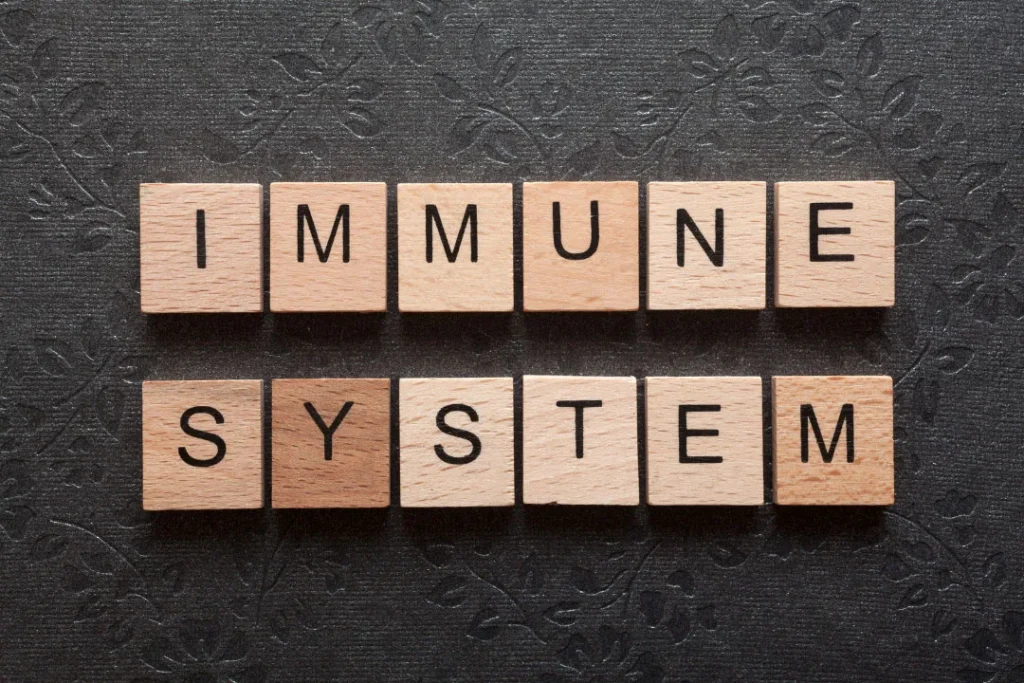Due to their numerous therapeutic characteristics, the parasitic fungus genus Cordyceps, which includes over 400 species, has long been respected in traditional Eastern medicine. The two most extensively researched species, Cordyceps militaris and sinensis, have lately gained attention in Western nutrition as potential nutritional supplements. The nature, health advantages, recommended dose, potential side effects, drug interactions, and responsible usage of Cordyceps are all thoroughly explored in this article, with a special emphasis on the chemistry and physiological action of this extraordinary fungus.
You May Also Like:
CBD for Concentration: 3 Epic Benefits that Boost Your Focus
CBD for Concentration: The Productivity Hack for Energy and Focus
Cordyceps: Benefits, Dosage, Side Effects, Drug Interactions, and Other Important Information is an original (NootropicsPlanet) article.
The Nature of Cordyceps
Cordyceps fungus lead an interesting life cycle. Because they are endoparasitic, their insect or arthropod hosts will eventually die and be mummified as a result of their growth. Then, to aid in their reproduction, these fungi create elongated, fruiting bodies that burst from the host to release spores.
When it comes to nutritional supplements, cordyceps is commonly offered in two different forms: wild cordyceps that are collected from high-altitude areas like the Himalayas, and lab-grown cordyceps that are typically produced on grain substrates. Since wild cordyceps are rare and expensive, the bulk of commercial goods employ the lab-grown type instead.
Health Benefits of Cordyceps
Given their distinct biochemical composition and wide-ranging physiological effects, cordyceps have a wide range of potential health advantages, including immunological system suport, anti-inflammatory and antioxidant benefits, cancer therapeutic potential, and increased physical performance.
Cordyceps may improve the body’s defenses against numerous illnesses by regulating immunological responses. Cordyceps can also reduce oxidative damage and inflammation, which are both linked to a number of chronic disorders. As for anti-cancer benefits, early research suggests that cordyceps may be used in conjunction with other cancer therapies, but more study is needed in this area. Meanwhile, there is some indication that cordyceps may improve physical stamina and sports performance. More thorough research is required on this subject, however..

The Chemistry of Cordyceps
The cordyceps species contain a variety of bioactive substances, many of which have been linked to the medicinal actions of these plants. Cordycepin (3′-deoxyadenosine), polysaccharides, ergosterol, mannitol, as well as other peptides and nucleosides are some of the main bioactive components.
Due to the structural resemblance between cordycepin and adenosine, a key chemical involved in several physiological processes, cordycepin is of great importance. Many of the cordyceps’ health advantages are considered to be supported by this similarity.
Physiological Mechanisms of Cordyceps Action
Cordyceps work through a number of physiological processes to influence the body. It has been demonstrated that the polysaccharides in cordyceps promote immunological responses, maybe by triggering macrophages and natural killer cells. Nuclear factor-kappa B (NF-B), a crucial regulator of inflammatory reactions, can be inhibited by cordycepin and other components of cordyceps.
Cordyceps also have powerful antioxidant capabilities that lower oxidative stress by scavenging free radicals. Animal and in vitro research suggests that cordyceps can slow the development of tumors by inducing apoptosis and preventing angiogenesis, among other ways.
Additionally, by boosting ATP synthesis, cordyceps may increase cellular energy production, enhancing physical performance and lowering weariness.

Optimal Dosage
The ideal cordyceps dose might change depending on the product, the user’s health, and the intended purpose. The typical dosage ranges from 1 to 3 grams per day, but it’s important to adhere to the manufacturer’s recommendations or seek medical advice.
Side Effects
Although cordyceps side effects are relatively uncommon, they might include moderate stomach discomfort, dry mouth, or nausea. Although rare, allergic responses are sometimes possible.

Potential Substance Interactions
Cordyceps may interact with immunosuppressive or anti-inflammatory treatments because of its impact on inflammation and immunological function. Therefore, before starting a supplementation regimen, those using such medications should speak with a healthcare provider.
Understanding cordyceps’ nature and potential effects, taking the right dosage, and considering any drug interactions are all important components of safe use. With the assistance of a healthcare practitioner, it is crucial to weigh the potential advantages against the potential hazards while using any supplement.
Responsible Use
A special fusion of conventional Eastern thinking and contemporary nutritional research may be seen in cordyceps. This extraordinary fungus’s interesting chemistry and varied physiological function are on par with its potential therapeutic advantages. It is becoming more and more obvious that cordyceps might be a key player in the future of nutrition and healthcare as study into its complexity advances.The responsible use of cordyceps, or any dietary supplement, begins with learning about the product, its possible advantages, and hazards. While cordyceps has various health advantages, it should not be taken as a substitute for a healthy diet, regular physical activity, or recommended medical therapy.
For beginners, it is worth noting that the grade and mix of cordyceps varies greatly amongst products. As a result, it is critical to buy supplements from reliable manufacturers that can give proof of quality control, such as third-party testing certificates.

Cordyceps:
Conclusion
Cordyceps has been used in traditional medicine for its power anti-inflammatory effects and energy production benefits, allowing everyone, and especially athletes and gym goers, to increase their body’s daily performance and defenses. You will likely see cordyceps supplements in powdered or capsule form for easy digestion and quick results. Those who have immune issues and require an extra boost can benefit from the immunological benefits of cordyceps, which may prove more effective with consistent use. Using mushrooms like cordyceps to introduce nutrients into your body is not a long term treatment option, but it is a great way to ensure your body remains healthy during intense workouts or exposure to immunologically negative environmental factors.
References:
- “Medicinal uses of the mushroom Cordyceps militaris: Current state and prospects.” Retrieved From: https://www.frontiersin.org/articles/10.3389/fphar.2017.00807/full
- “Cordyceps fungi: Natural products, pharmacological functions and developmental products.” Retrieved From: https://journals.plos.org/plosone/article?id=10.1371/journal.pone.0002277
- “Exploring the potential of using algae in cosmetics.” Retrieved From: https://www.ncbi.nlm.nih.gov/pmc/articles/PMC4457547/
- “Effects of Cordyceps militaris supplementation on muscle strength and body composition in healthy young adults.” Retrieved From: https://www.ncbi.nlm.nih.gov/pmc/articles/PMC4446168/
Important Note: The information contained in this article is for general informational purposes only, and should not be construed as health or medical advice, nor is it intended to diagnose, prevent, treat, or cure any disease or health condition. Before embarking on any diet, fitness regimen, or program of nutritional supplementation, it is advisable to consult your healthcare professional in order to determine its safety and probable efficacy in terms of your individual state of health.
Regarding Nutritional Supplements Or Other Non-Prescription Health Products: If any nutritional supplements or other non-prescription health products are mentioned in the foregoing article, any claims or statements made about them have not been evaluated by the U.S. Food and Drug Administration, and such nutritional supplements or other health products are not intended to diagnose, treat, cure, or prevent any disease.


